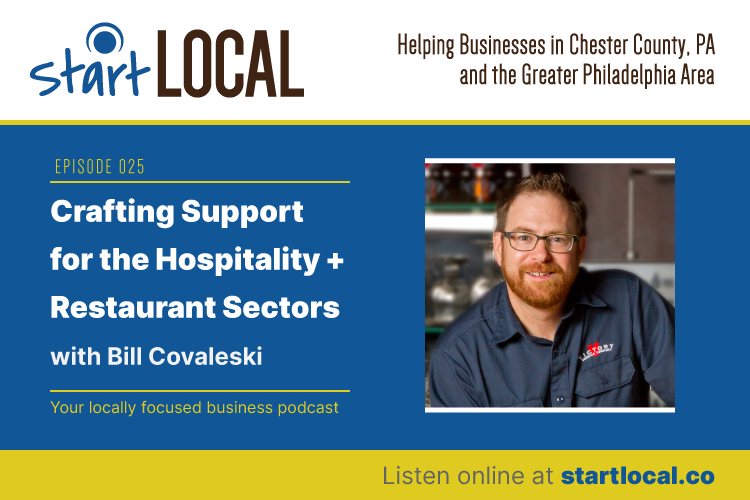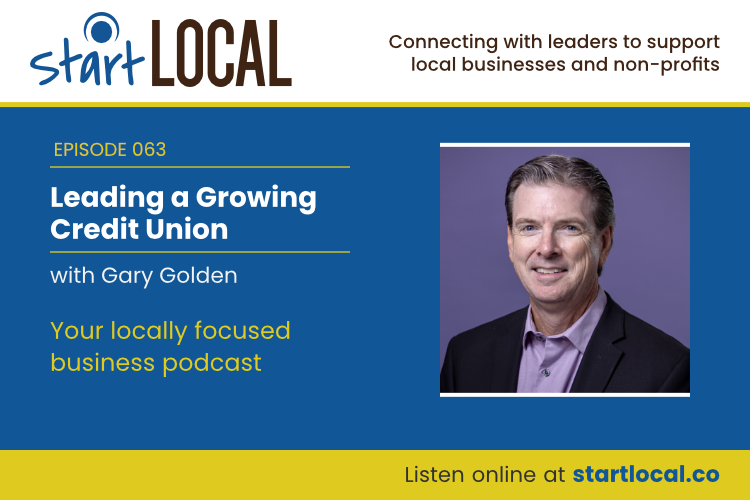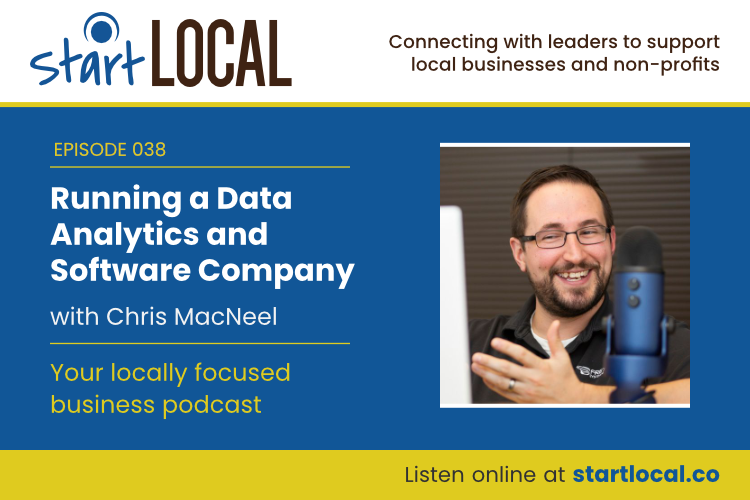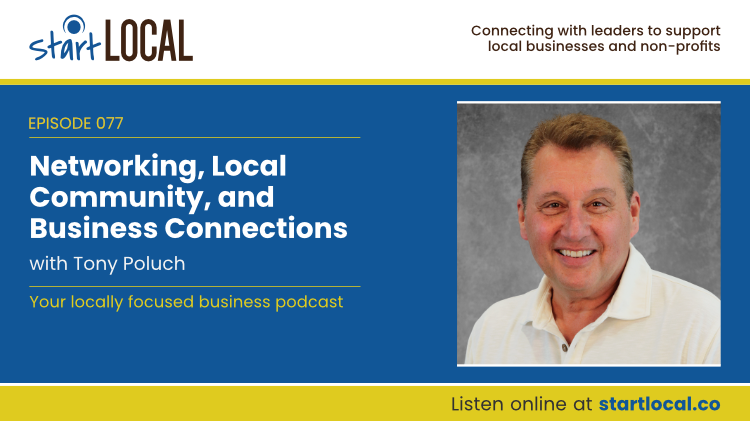
Podcast published: November 13, 2020
With winter weather fast approaching, we know that the local restaurant and hospitality sector is facing an even more precarious position because of the ongoing challenges of COVID-19. We sat down with Bill Covaleski, a Co-Founder and Brewmaster at Victory Brewing Company, and the Chairman of the Pennsylvania Restaurant & Lodging Association (PRLA). Bill shared his experience of learning from and with his local business community through the PRLA, and how local restaurants, event companies, and businesses across the hospitality sector can work together to support their companies, staff, and customers.
Links
- Hospitality Assistance Response of Pennsylvania (HARP): parelief.org
- Buy a Victory Brewing Company t-shirt in support of H.A.R.P. (100% proceeds to cause!)
- Pennsylvania Restaurant & Lodging Association (PRLA) membership: prla.org/whyjoin.html
Notes
What does a brewmaster do?
- Bill Covaleski and his friend and co-founder, Ron Barchet, graduated from the Doemens Institute in Munich, Germany.
- Bill and Ron had very hands-on roles in the early days of making beer with Victory Brewing Company; overtime, they transitioned to growing a talented team of brewers to take over leading the creation of the beer.
- Now, Bill and Ron now advise, guide, set targets and monitor the results of the brewing team.
How has the PRLA responded to COVID-19?
- Being the chairman of the PRLA in 2020 has been like sitting in the front seat of a fast paced roller coaster.
- Bill began 2020 as the co-chair; on March 14, Bill became chairman when the co-chair moved out of state with his work; on March 17, lockdown orders came to Pennsylvania.
- In the immediate wake of lockdown orders, Bill and the entire team at PRLA worked to switch its focus and business model.
- The PRLA revamped its membership model, which reduced the staffing numbers of at the organization; the PRLA was forced to furlough its sales team and some of its administrative team.
- In pivoting its membership, the PRLA moved to be the essential hub for important, relevant information for the restaurant and hospitality sectors across the state.
- The PRLA began sharing its bulletins and updates with all, regardless of membership: the information was too critical not to share.
- The PRLA began detailed daily news bulletins and updates, and increased the number and frequency of its informational webinars.
- The organization looked at its role as operators in public health and worked to empower restaurants, event venues, and the entire hospitality and lodging sector to keep their local communities healthy and safe.
- In changing its membership model, the PRLA pivoted its membership dues structure, charging restaurants $1 per day for membership.
- Since March 15, the PRLA has seen 150 new members join its ranks.
How does advocacy figure in the PRLA’s work?
- Many of the PRLA members express frustration with hearing new ideas from state and local government that may or may not suit their respective business models.
- By aggregating the voices of its members, the PRLA has grown a stronger, louder voice that is more readily heard by government and other leaders.
- Lobbying always felt like a dirty word to Bill, but he now understands that elected officials do need education about the folks and sectors which they represent.
- Advocacy is an important task for any membership organization, and in fact, of any business owner.
How did you come to join the PRLA?
- In 2006, Bill realized that as a brewmaster, he had no experience running a restaurant or taproom. So, Bill joined to the PRLA to turn from his peers and colleagues in the organization.
- Overtime, Bill learned enough to be asked to serve as the chairman of the PRLA.
- As beverage manufacturers (like wineries and breweries) turn to retail to support their businesses in COVID-19, Bill’s role in the PRLA has afforded him the opportunity to support and nurture those manufacturers.
- Bill considers joining a trade association (like the PRLA) as an opportunity rather than as an obligation.
- The PRLA has launched a program called HARP – Hospitality Assistance Response of Pennsylvania – which aims to support the hospitality across the state.
- Through HARP, businesses like Victory Brewing Company and 135 other donors have donated more than 257,627, awarding grants to 848 hospitality workers in need of financial assistance.
- Victory Brewing Company donated t-shirts with an updated design of its keg man artwork – now available for sale on the Victory Brewing website, with all proceeds going to HARP.


